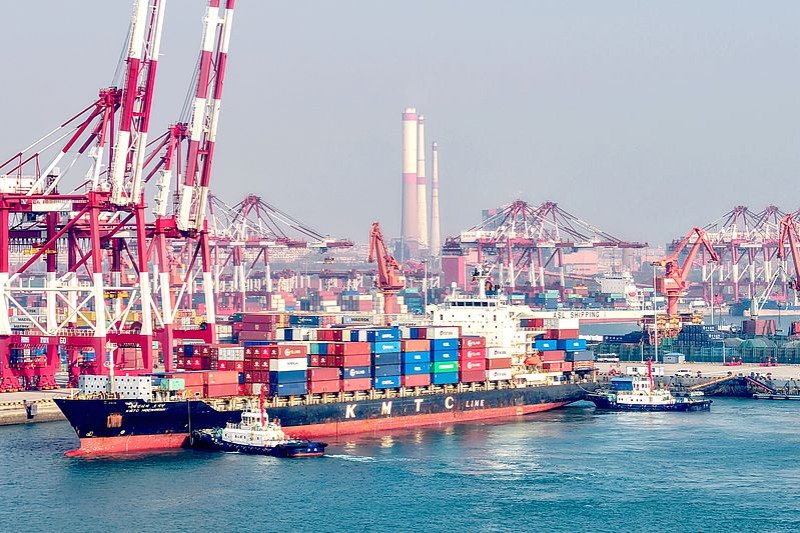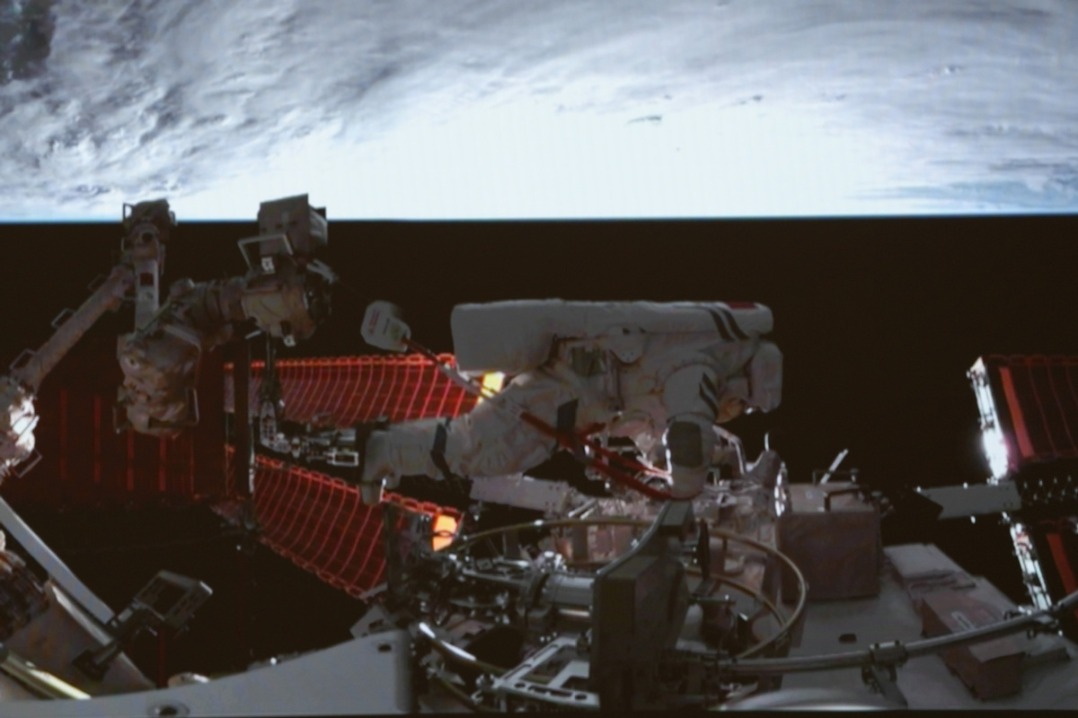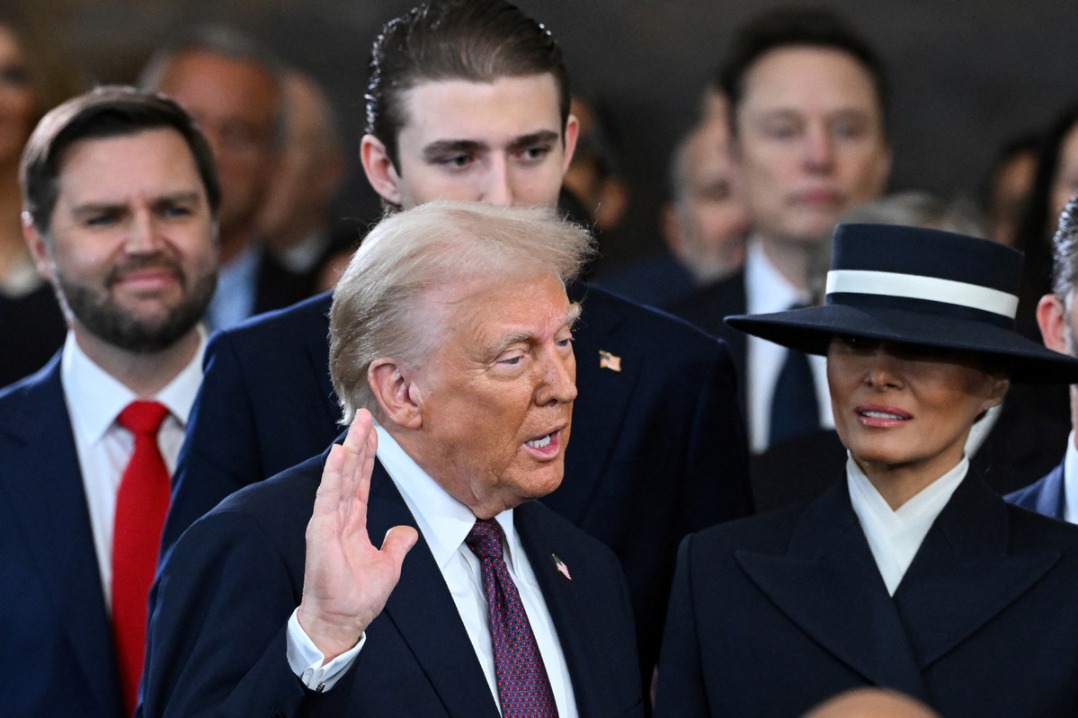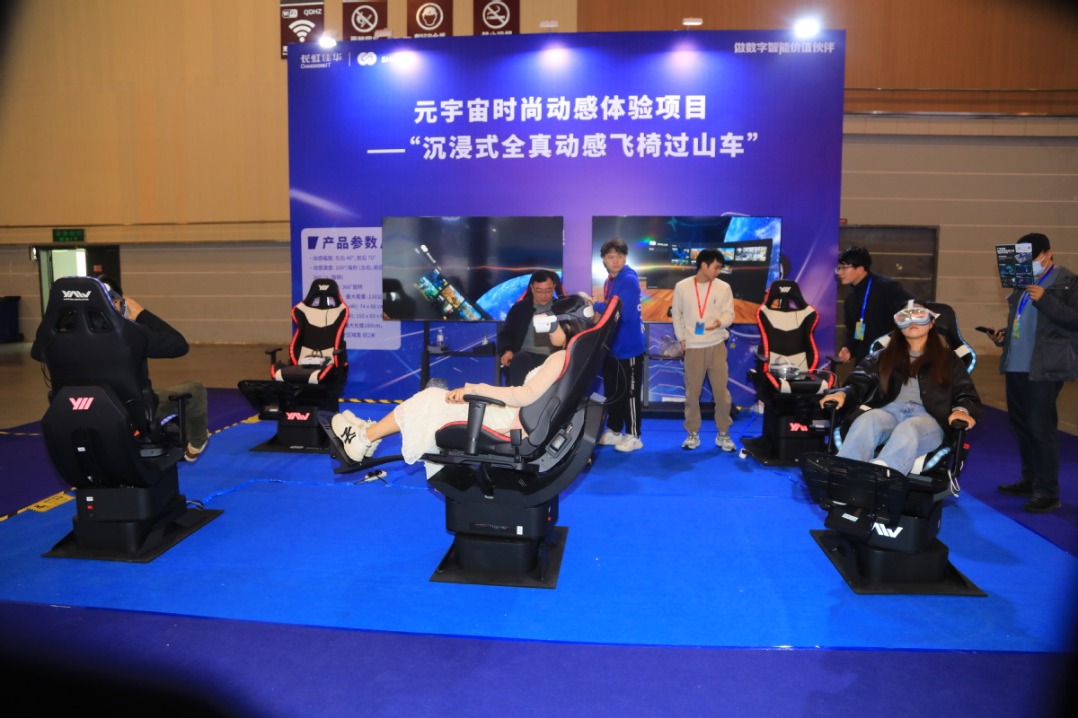EU automakers at odds with tariffs on Chinese EVs

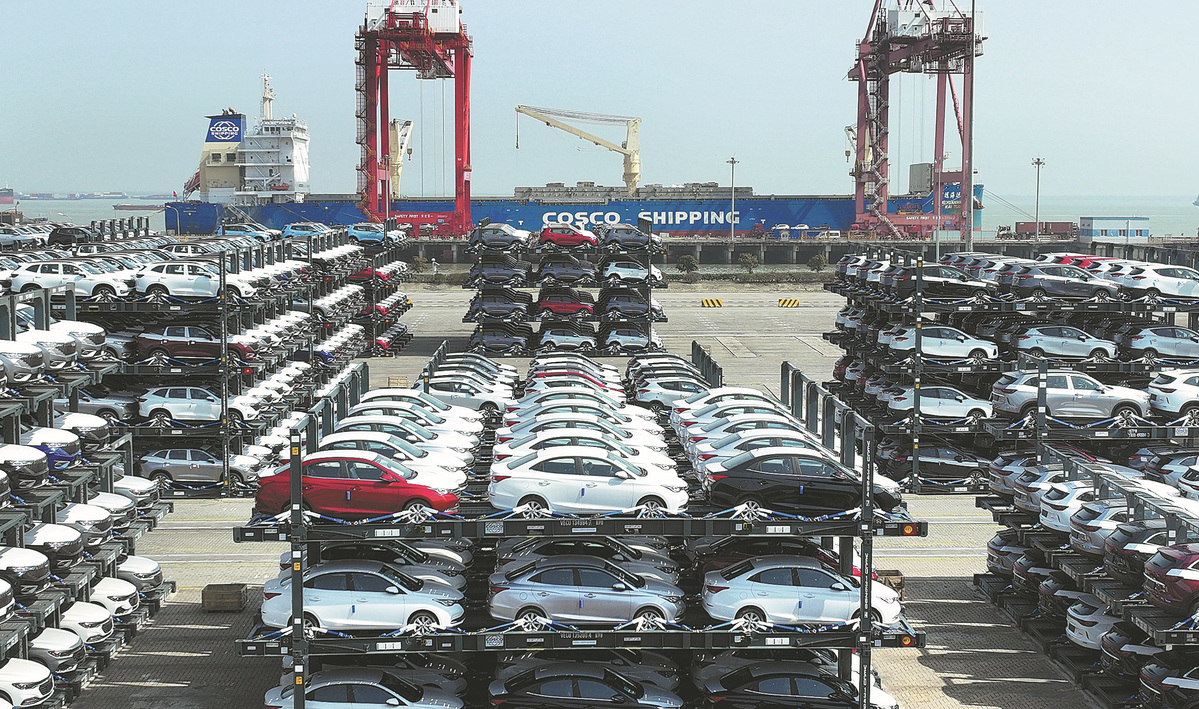
The European Union should encourage Chinese automakers to open more plants in the bloc as part of a deal to drop punitive tariffs on imported Chinese electric vehicles, the boss of Mercedes-Benz has said in a recent interview with the Financial Times.
Ola K?llenius, who is also president of the European Automobile Manufacturers' Association, said China had asked European automakers to invest domestically to access its market decades ago, and the EU could adopt that approach as part of a solution to the trade dispute.
"Nobody disagrees about the fact that a level playing field is a legitimate discussion. The question is, what tool do you use?" K?llenius told the FT.
Chinese EV manufacturers have been leading the effort to drive down the price of EVs through domestic and global market competition, as well as consistent innovation. As K?llenius' remarks indicate, although German automakers are also struggling to compete against more affordable and advanced Chinese-made EVs, they are more familiar with the industry and in a better position to know cooperation and competition represent the best way to promote the development of the EU's own electric vehicle companies, as only through cooperation and competition with the leading Chinese EV makers can the EU companies have the opportunity to learn from their advanced technology and so jump across the river instead of crossing it by feeling the stones.
Also, well aware of the protectionist nature of the EU's steep duties on Chinese-made EVs, which are actually a result of the former US administration pressing the EU to form a united front with it against China, the German automakers also know that it is the EU companies and consumers that are paying for the punitive tariffs the bloc levies on Chinese-made EVs.
With a new US administration taking office on Monday, its "America first" practices should prompt the EU to review its gains and losses by surrendering its strategic autonomy to the US over the past four years. Now is the time for Brussels to heed rational voices such as that of K?llenius and other visionary EU entrepreneurs and put an end to its unfair tariffs on Chinese-made EVs that leave no party unscathed.
The EU has set an ambitious target to phase out combustion engines by 2035 as part of its Green Deal, and affordable, high-quality EVs are crucial to achieving this goal. Making EVs less affordable for European consumers only hinders Europe's ability to meet its climate commitments.
The economic and trade relations between China and the EU are of a win-win nature. Both ardent supporters of multilateralism, fair trade and economic globalization, the two sides are partners and friends, rather than challenges to each other or enemies.
That's why K?llenius said tariffs would hurt the industry and Brussels should compromise with Beijing on a deal to remove them, adding that China had become an integral part of the global automotive supply chain, including raw materials, advanced chips and components.



















